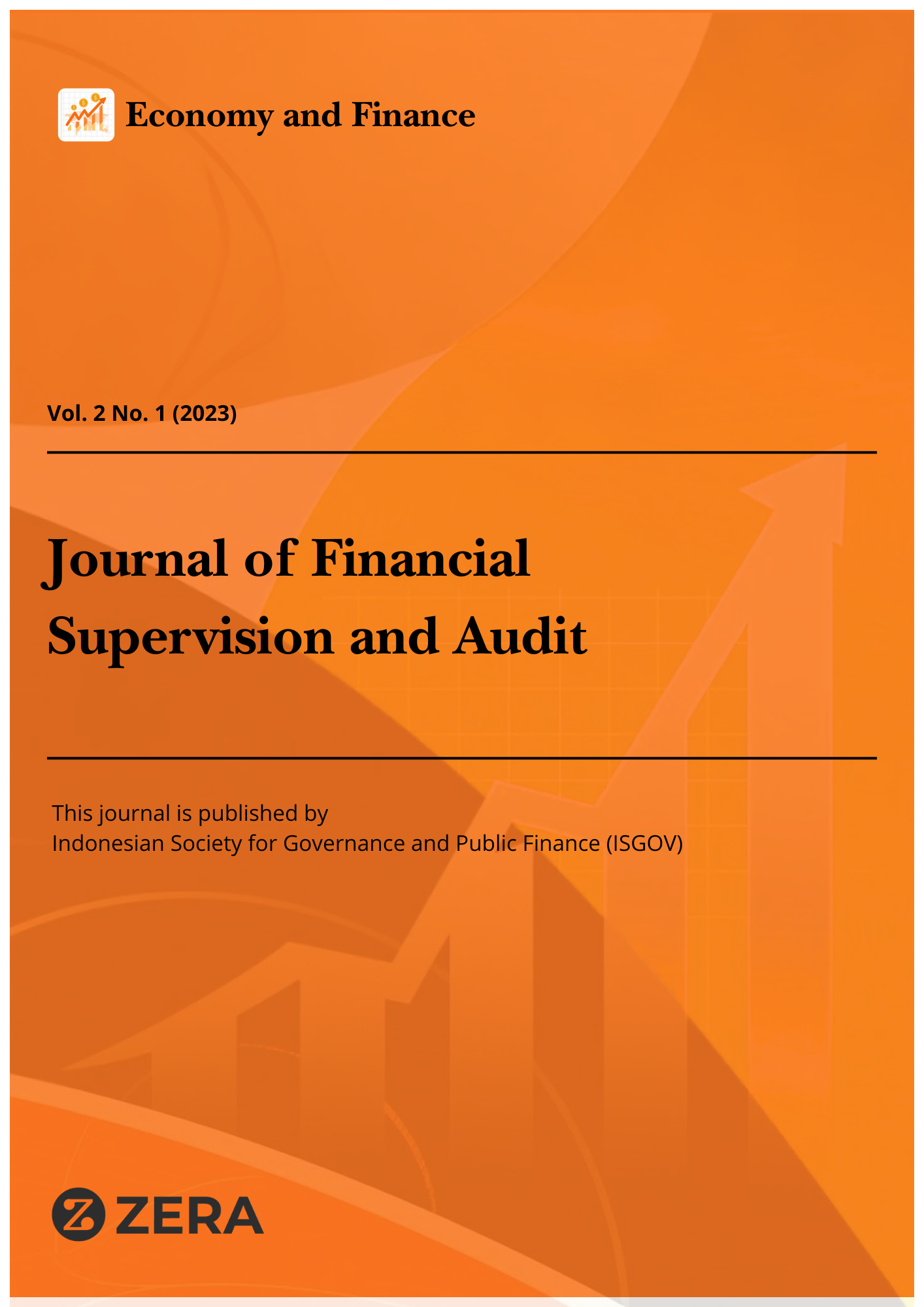Keywords:
Accountability, Bureaucratic reform, Development budget, Economic growth, EfficiencyAbstract
Economic bureaucratic reform is considered a strategic measure to address inefficiency, ineffectiveness, and low accountability in the management of Indonesia’s development budget. This study is driven by the urgency to transform the bureaucratic system in order to establish more transparent, efficient, and results-oriented budget governance. The primary aim of this research is to examine the influence of economic bureaucratic reform on budget effectiveness, focusing on efficiency, accountability, acceleration of economic activity, and its contribution to national productivity. A descriptive qualitative method was employed, utilizing collected through literature studies from scientific journals. The findings are demonstrate that bureaucratic reform positively impacts administrative efficiency, licensing speed, and investor trust through improved governance practices. Nevertheless, issues such as fragmented authority, limited capacity of public officials, and resistance to change remain significant obstacles. Therefore, integrated, adaptive, and performance-based reform is crucial to optimizing the development budget, promoting public welfare, and sustaining long-term economic growth.


